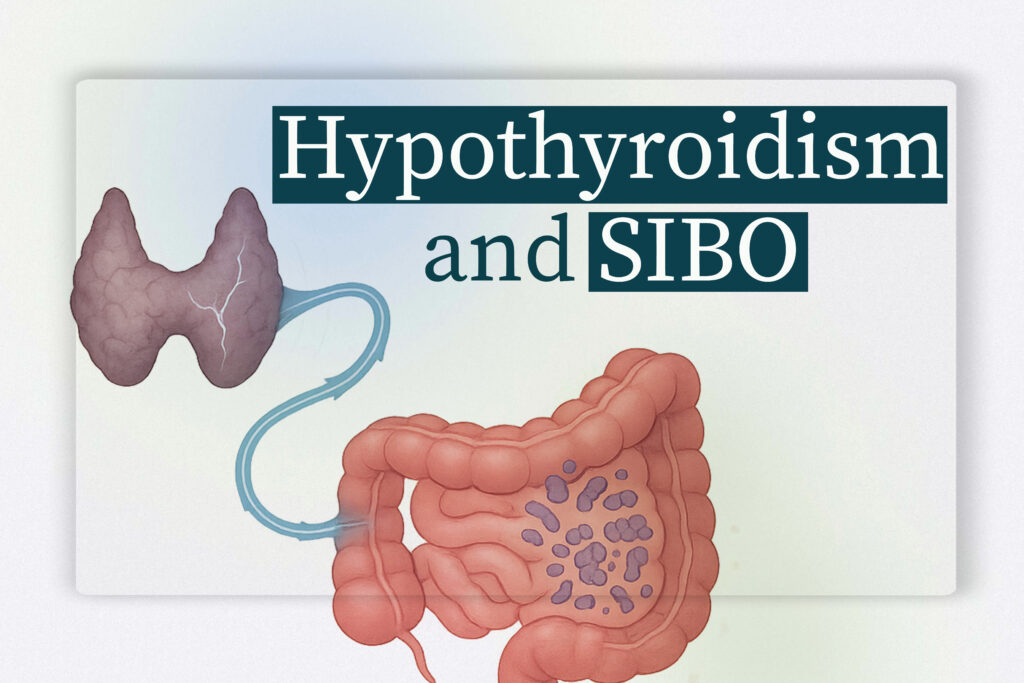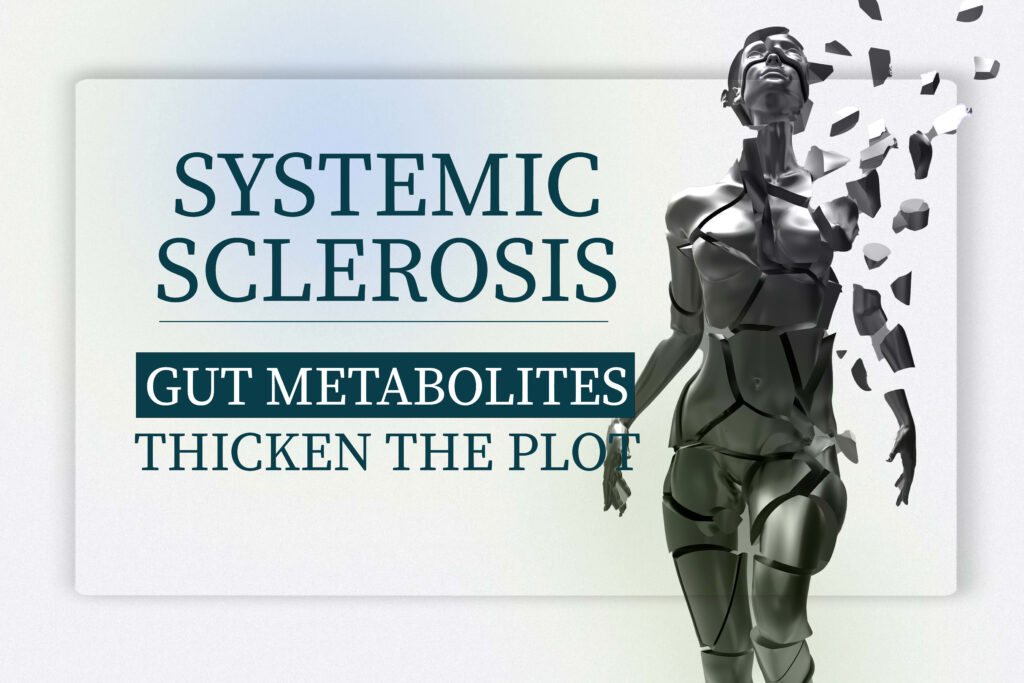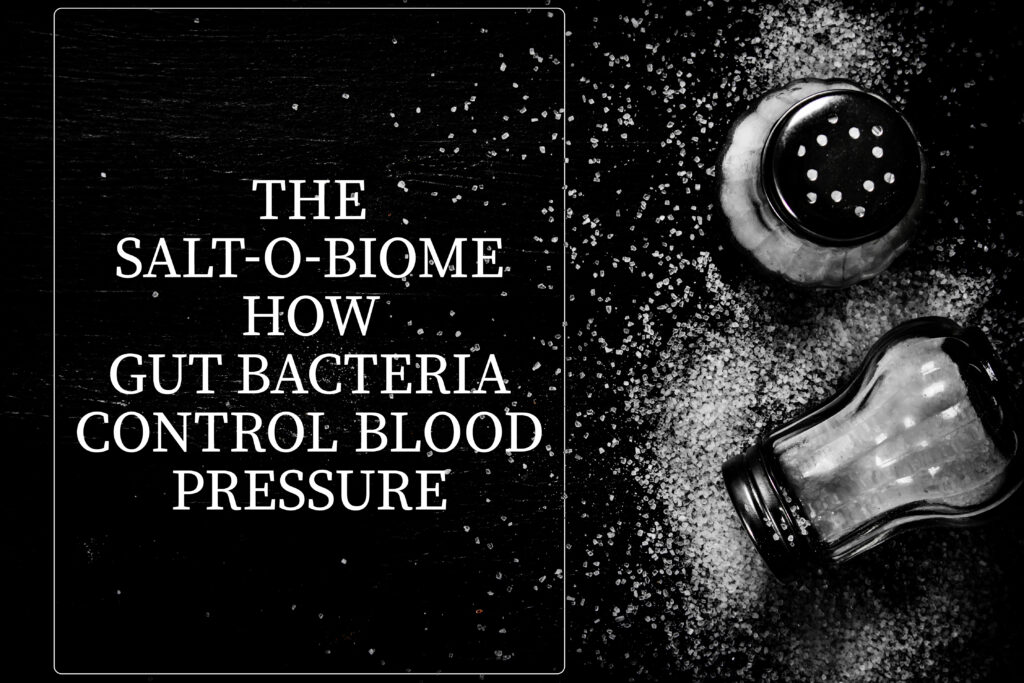Eating behaviors and gut microbiome
Get ready to chew on this: your eating behaviors hold the key to a lively gut party of microbiota, unlocking a world of improved health and well-being. Bon appétit!
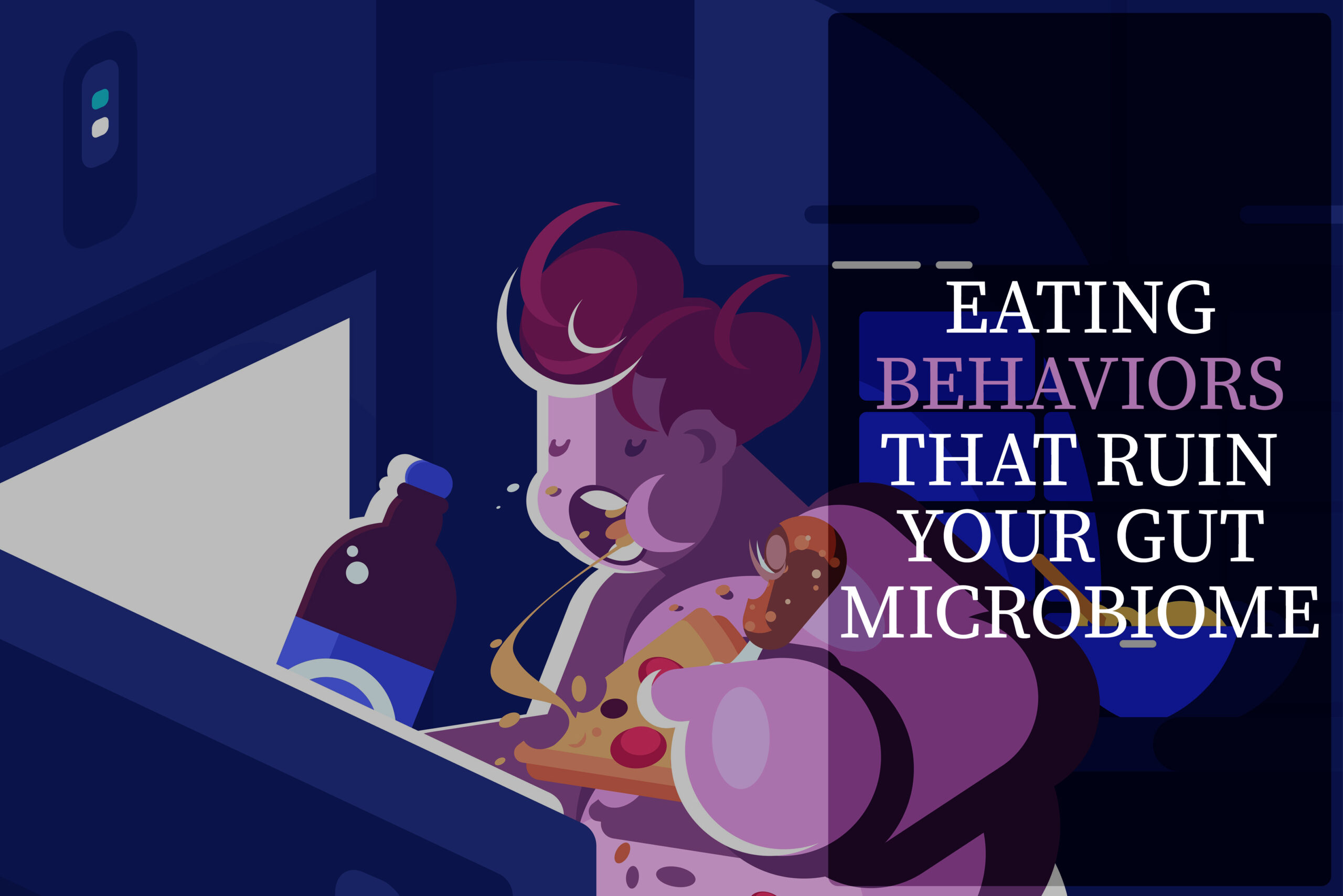
We all know that “you are what you eat.” But did you know that your eating habits can have a significant impact on the trillions of microbes living in your gut? Your gut microbiome plays a crucial role in your overall health, and the way you eat may just be one of the keys to unlocking a healthier gut microbiome.
Development and changes in the gut microbiome throughout life
The gastrointestinal microbiome is a complex ecosystem of microorganisms, including bacteria, viruses, and fungi, that live in our digestive tracts. These gut microbes may profoundly impact your health since they perform essential functions, such as breaking down dietary fiber, synthesizing vitamins, and protecting us from harmful pathogens. The composition of your gut microbiota can change throughout your life due to various factors, such as diet, age, hormonal fluctuations, and even stress.
Food is the main factor that shapes the human gut microbiome. Not only the type of food we eat but also its texture can influence the exact nutrients that reach our colon, where about 95% of our gut microbiome resides. But, it’s not just about the food that reaches our colon. Hormonal disturbances, physicochemical alterations, physical activity, inflammatory indices, and enteric nervous system dysfunction can also impair proper microbiome development, even if the food that reaches the colon is in perfect form.
Gut microbes and eating habits
Now, let’s dive into how different eating habits can impact your gut microbiome. We’ll analyze various habits, explaining the link between each habit and potential disadvantages for your gut health.
Chewing Fast
Chewing too fast can lead to incomplete breakdown of food and inadequate production of salivary amylase, an enzyme that helps break down carbohydrates. This can result in larger food particles reaching the gut, making it difficult for beneficial bacteria like Bifidobacterium to effectively ferment dietary fiber and produce short-chain fatty acids (SCFAs), such as butyrate, which are essential for gut health.
Eating Late at Night
Late-night eating can disrupt the circadian rhythm of gut microbes, such as Akkermansia muciniphila, which plays a crucial role in maintaining gut barrier function. Disruption of the microbial circadian rhythm can lead to imbalances in the production of hormones like melatonin and cortisol, contributing to weight gain, deviations to microbiota composition and sleep disturbances.
Watching Screens While Eating
Watching screens during meals can lead to mindless eating, causing an increase in ghrelin, the hunger hormone. This can lead to overconsumption of unhealthy foods and a decrease in probiotic gut bacteria like Lactobacillus, which is essential for maintaining a balanced gut microbiome and supporting immune function.
Eating Standing Up
Eating while standing can cause rapid food intake and reduced production of the satiety hormone, leptin. This can lead to overeating and stress on the gastrointestinal tract, potentially causing an imbalance in the gut microbiome and a reduction in beneficial microbes like Faecalibacterium prausnitzii, which is known for its anti-inflammatory properties.
Eating One Meal Per Day
Eating just one meal per day can lead to an imbalance in the gut microbiome, reducing the abundance of beneficial bacteria like Roseburia, which plays a crucial role in the production of SCFAs and maintaining gut health. Consuming smaller, more frequent meals can help maintain a diverse gut microbiota.
Drinking Water with Meals
Excessive water intake during meals can dilute stomach acids, impairing digestion and nutrient absorption. This can lead to an imbalance in the gut microbiome, with a decrease in beneficial microbes like Bacteroides, which are crucial for breaking down complex carbohydrates and proteins in the diet.
Eating While Stressed
Eating while stressed can lead to the production of stress hormones like cortisol, which can slow down digestion and alter intestinal microbiota composition. This can negatively affect beneficial bacteria like Ruminococcus, which are involved in breaking down dietary fiber and maintaining gut barrier function.
Grazing Throughout the Day
Constant snacking or grazing throughout the day can disrupt the natural fasting periods your gut microbes need to thrive. This can lead to an imbalance in the gut microbial community and a decrease in the abundance of beneficial bacteria like Eubacterium, which plays an essential role in the production of SCFAs that support gut health.
Working Out Soon After a Complete Meal
Exercising immediately after a full meal can cause digestion to slow down and divert blood flow from the gastrointestinal tract to the muscles. This can lead to indigestion, bloating, and an imbalance in the gut microbiome, potentially affecting beneficial bacteria like Prevotella, which helps ferment complex carbohydrates and produce SCFAs.
Lying Down or Sleeping After Meals
Lying down or sleeping soon after eating can slow down digestion and increase the risk of acid reflux. This can lead to an imbalance in your gut microbiome and negatively affect beneficial bacteria like Bifidobacterium longum, which is involved in the breakdown of dietary fiber, production of essential vitamins, and regulation of the immune system.
Tips to improve gut microbiome through better eating habits
Chew slowly: Aim to spend at least 20 minutes per meal, savoring each bite and promoting better digestion and nutrient absorption.
Set regular meal times: Schedule meals to end at least 4 hours before bedtime, maintaining your gut microbes’ circadian rhythm and improving sleep quality.
Limit screen time during meals: Establish a screen-free zone during mealtime to prevent overconsumption and support a balanced gut microbiome.
Sit down while eating: Take a seat during meals to encourage mindful eating and avoid overeating or stressing your gastrointestinal tract.
Eat smaller, more frequent meals: Opt for 3 balanced meals and 1-2 healthy snacks per day to support diverse gut microbiota.
Avoid water intake with meals: Aim for 1 glass of water at least 45 minutes after meals to avoid diluting stomach acids and impairing digestion.
Practice stress management: Incorporate stress-relieving techniques like deep breathing or meditation before meals to minimize cortisol’s impact on your gut microbiome.
Limit grazing throughout the day: Allow at least 3-4 hours between meals to give your gut microbes time to thrive.
Schedule workouts around meals: Wait at least 2,5 hours after a full meal before engaging in strenuous exercise to prevent indigestion and bloating.
Avoid plastic containers for food storage: Use glass or stainless steel containers to minimize exposure to chemicals that can disrupt your gut microbiome.
Wait before lying down or sleeping after meals: Allow at least 2 hours after eating before lying down or going to bed to reduce the risk of acid reflux and maintain a balanced gut microbiome.
Long-term consequences of unhealthy eating habits on the gut microbiome
Unhealthy eating behaviors can lead to persistent changes in the gut microbiome that are challenging to correct. The metabolites produced by disturbed gastrointestinal microbiota, such as lipopolysaccharides (LPS) and trimethylamine N-oxide (TMAO) can have significant effects on remote human tissues, potentially leading to various health issues, including obesity, type 2 diabetes, and cardiovascular disease.
Maintaining a healthy gut microbiome is crucial for overall health, and adopting healthier habits is a significant step in the right direction. By being mindful of our eating behaviors and making small, consistent changes, we can positively impact our gut health and, in turn, our overall well-being
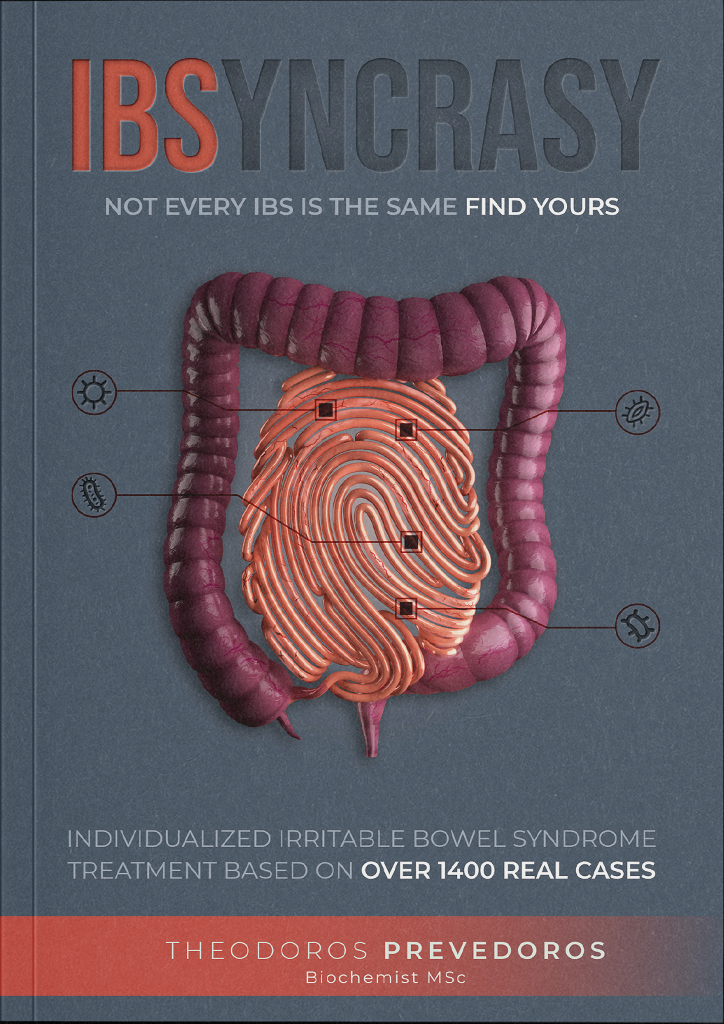
Conclusion
In summary, our eating habits play a significant role in the health of our gut microbiome. By understanding the impact of various behaviors on our gut health, we can make more informed choices and adopt healthier habits. Remember to chew slowly, establish regular meal times, manage stress, and avoid eating late at night or in front of screens. Your gut microbes will thank you, and so will your overall health.

With a background in Chemistry and Biochemistry from the National and Kapodistrian University of Athens, Theodoros brings a wealth of knowledge in functional medicine and advanced treatments to his role. He possesses exceptional skills in analysis, pattern recognition, diagnostic translation, and storytelling. He is also FMU certified in Functional Medicine and has received training in advanced treatments from the Saisei Mirai Clinic in Japan.
